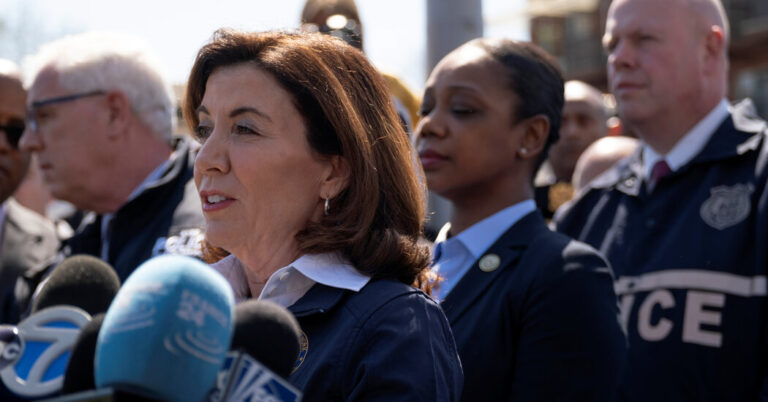Opinion | What’s Happening to Tunisia Is a Tragedy
Many of my friends and family were among the nearly three million people who voted for Mr. Saied. Better him than his opponent, they said, a candidate supported by a mixture of the previous regime and corrupt business networks. Yet from the outset, I found Mr. Saied’s project terrifying. As a scholar of religion, I paid particular attention to a lecture he gave in September 2018, when he was still a law professor, on the relationship between Islam and the state. His political vision wasn’t just antidemocratic. It was an anti-modern form of nativism, with everything subservient to the ruler.
Given his obsession with purity, the president’s crackdown on migrants is hardly surprising. In February, he invoked the great replacement conspiracy theory to accuse the country’s small sub-Saharan migrant population of plotting to remake Tunisia’s identity. His remarks set off a brutal wave of violence against Black people in the country, in which scores were injured, arrested and expelled from their homes.
Mr. Saied’s goal is to purify society from corrupt influence: Social hygiene, not social justice, is the point. The project is purely moralistic, rather than procedural and political, and its terms are defined by Mr. Saied himself. He has methodically targeted the independence of the judiciary, for example, issuing decrees that give him the authority to dismiss judges. In another decree, he ordered the prosecution of dissenting voices that would harm “public security or national defense.” Civil liberties, political opposition and free speech are to be dispensed with, recast as menaces to society.
To me, this all feels so sadly familiar, recalling the dark days of Mr. Ben Ali’s dictatorship. In April the children of numerous political prisoners, speaking from Geneva, called on the European Union to impose sanctions on Mr. Saied’s regime. Their testimonies struck a chord with me. I remembered the depressing Sunday evenings in the spring of 1994, when my mom and I prepared the one basket of food we were permitted to take to my dad while he was in prison. I remember how it felt to talk to him separated by bars and armed police officers.
And yet this time around, it feels even worse. The goal is not simply to crush dissent but also to dehumanize political prisoners and their families. In Geneva, Kaouther Ferjani delivered a chilling account about how her father, a former member of Parliament who has been detained, is being treated. Made to share an overcrowded cell with 120 inmates, he has fallen ill and been repeatedly taken to a hospital. The fate of Rachid al-Ghannouchi, a former speaker of Parliament and head of the Ennahda party who was arrested in April, is unlikely to be much better.
Check out our Latest News and Follow us at Facebook
Original Source







